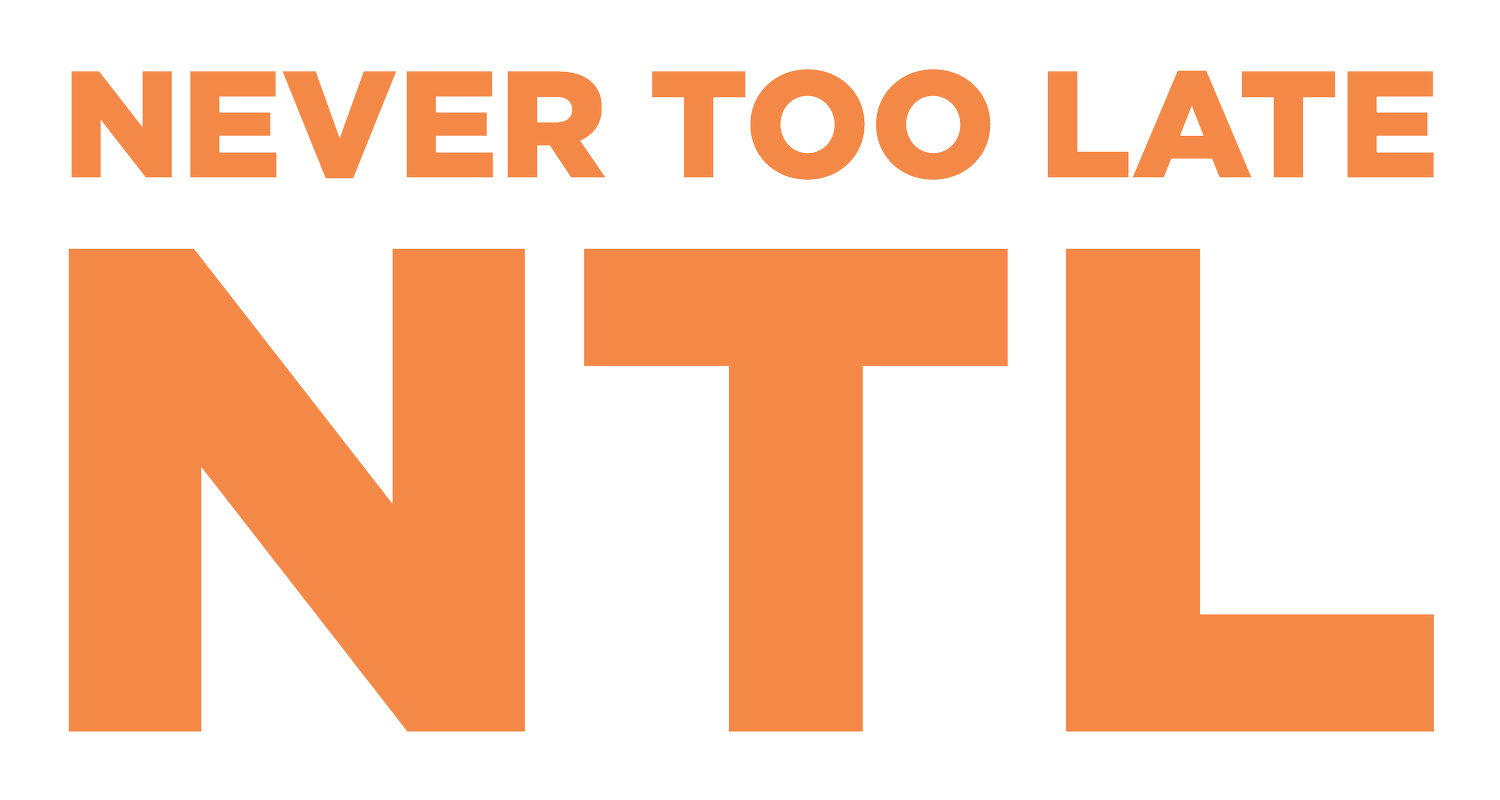FASD Panel: Celebrating Success About FASD and Beyond - September 2024
Summary
We celebrated the many successes of our panelists, Lived Experts with FASD! Each of them has made significant strides towards a rich and thriving future with the supports they need. While we can’t share the specifics of their stories here, we can share some of our favorite takeaways with you. We are so grateful to everyone who participated and to Lauren Ireland for being part of the presentation. Check out the Soundbites & Takeaways blog for the session she did on FASD this past summer.
Soundbites & Takeaways We Loved!
Everyone deserves permanency – especially Lived Experts with FASD.
With the right supports, there is always hope that folks with FASD can thrive and blossom.
Understanding the barriers Lived Experts with FASD are experiencing can help us disrupt attitudes that lead Humans, caregivers and service providers to believe that behaviours are willfully oppositional.
One Lived Expert described being dysregulated as feeling like “there is a storm in my brain” and we loved that analogy.
Humans may need to develop skills and competencies to better support Lived Experts with FASD. As we build those skills and competencies, a commitment to being willing to understand and problem solve in place of walking away due to our own frustrations or assigning blame to the individual can be a very powerful approach that creates positive change.
As Humans, it is critical to support our Lived Experts in understanding their disabilities and what kinds of support they need.
Safety and relationships are the foundation for being able to learn, stabilizing safety and relationships must be prioritized to excel in other areas of life.
There is momentum in destabilization and in stabilization. With stability and support, we see capacity take steps and build on itself.
Thinking about challenges as barriers can help us move towards decoding behaviour, rather than shaming or blaming for the behaviour.
The emergence of intentional humor can be an indicator of stabilization for individuals with FASD. Enjoy the laughs!
People with FASD continue to grow, make changes, and build skills well into their 30s!
As our Lived Experts with FASD get older, we can help them build self-advocacy skills. Here are some ideas on how we can do that from Lived Experts on the panel:
Writing and practicing scripts for how to ask for things.
Establishing and normalizing having a support person be present to help navigate situations
Visual, concrete tools can empower us to be successful in professional settings, remind and encourage us to ask for them (example: day-to-day tasks lists).
How do Lived Experts want to be supported? Every person will be different, here are some great ideas from our panelists:
Talking to us as early as possible about FASD and understanding its impacts so we can know ourselves.
Come with us to help us process information in sales environments where making sense of the convoluted information will be challenging and salespeople may be pushy (example: getting a new phone/phone plan).
Having someone to believe in us is important in helping us achieve our goals.
Having non-judgmental and understanding medical professionals (such as a family doctor).
Closing thoughts: don’t judge people, take one step at a time and don’t give up!
Actionable Ideas & Activities
Show, don’t tell! Folks with FASD may understand information better when they experience it for themselves too. Telling may not get them where they need to go. For example, if someone wants to enter a certain profession, telling them the steps may be less effective than making calls to potential workplaces or schools together to ask about necessary qualifications together to get the information first hand.
Lauren Ireland suggested the following books:
The Explosive Child by Ross W. Green
What Happened to You? by Bruce D. Perry & Oprah Winfrey
